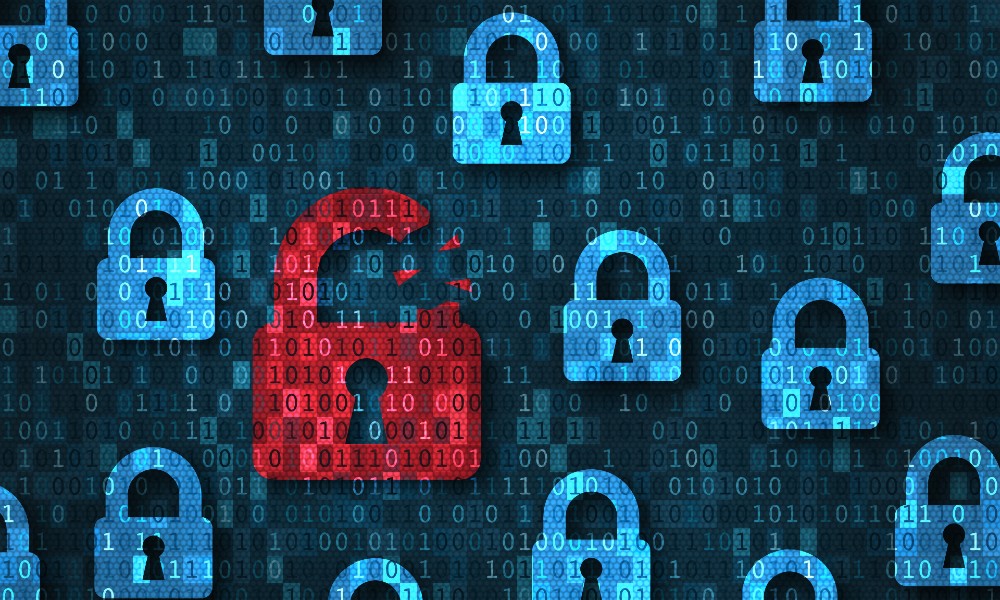
5G has the potential to make a lasting impact on society, and within this sector, the subset of private 5G has the potential to truly revolutionize modern-day enterprises.
The option of private 5G today lets enterprises and local governments have their own telecom infrastructures, allowing for capabilities beyond those offered by Wi-Fi and other network technologies. The global private 5G network market size was valued at USD 1.38 billion in 2021 and is expected to expand at a compound annual growth rate (CAGR) of 47.5 percent from 2022 to 2030.
While the technology is still relatively new to the scene, the swift, massive growth can be attributed to the plethora of benefits a private 5G network can offer enterprises. For example, private 5G provides greater operational control and flexibility for enhanced safety and quick response times when changing business needs. Organizations can all also prioritize traffic for their own business use cases, allowing everything to get done efficiently.
However, enterprises are still a little hesitant in adopting a private 5G network, mostly because of cybersecurity concerns.
In general, cybersecurity has rapidly grown in emphasis since the beginning of digitalization. There has been a 600% increase as a result of the COVID-19 pandemic, as cybercriminals have become more sophisticated, growing in volume and speed, using every form of cyberattack at their disposal. Because of this, enterprises are increasingly checking their technology, looking for anything that a cybercriminal might take advantage of.
When it comes to private 5G networks, infrastructure is an avenue cybercriminals may try to use for infiltration. The infrastructure cannot be easily changed or renewed once they are built and start running. This foundation is appealing to attackers as it lets them secretly infiltrate deep into their network of choice and they are afforded a lot of time to accomplish their final goal.
On top of this, private 5G also creates risks for smart supply chain devices, which can apply to basically any type of smart device nowadays. Not only are there possible software vulnerabilities, but the hardware itself may be compromised. Wireless systems that rely on software and will be constantly connected to a private 5G network and the internet are more vulnerable to potential cyber-attacks.
However, while there are cybersecurity risks associated with private 5G networks, just like with much of the technology available today, there are steps enterprises can take to bolster their private 5G cybersecurity prowess. By incorporating some of the cybersecurity applications available, enterprises can do away with the risk of attack, and benefit fully from private 5G.
The most prominent cybersecurity practices available for private 5G today is zero-trust architecture. Zero Trust is a strategic approach to cybersecurity that secures an organization by eliminating implicit trust and continuously validating every stage of digital interaction, rooted in the principle of “never trust, always verify.” The architecture alleviates both the risk of an external attacker getting into the network and the risk of lateral movement in the event of a security breach.
With cybersecurity becoming a priority for enterprises of all industries, sizes, and verticals, zero-trust architecture has begun to grow steadily in use. The global zero trust security market size was valued at USD 19.8 billion in 2020, and as of January 2022, according to a survey of nearly 3,000 respondents, one-third of respondents stated that their company already had a formal strategy in place and that they were actively embracing a Zero Trust policy.
In relation to a private 5G network, zero-trust offers increased security, preventing exfiltration and lateral movement of attacks, while also being more resistant to disruption. The cybersecurity architecture also provides enhanced data privacy, for both employee and consumer data, while being compliant with regulatory standards such as HIPAA, GDPR, PCI DSS, GLBA, SOX, and FISMA.
Finally, and usually, the bottom line for most enterprises, is the money zero-trust can save by snuffing out and putting an end to any form of cyberattack before things get out of hand. This prevents organizations from spending thousands of dollars on recuperating from an attack.
Overall, the trend of digitalization is only going to intensify as the world continues to venture deeper and deeper into a new technological age, which means private 5G networks that enhance an enterprise's processes will become critical for those who wish to stay competitive. However, with digitalization, cybercrime is only going to intensify as well, making bolstering a private 5G network’s cybersecurity will be essential for any enterprise looking to fully benefit from all that private 5G has to offer.
Securing Private 5G: Steps to a Trusted Network will cover many of these points, and more, in a presentation delivered by Dave Mor, CEO, OneLayer. Network security is a key factor in making 5G a “trusted network” for enterprise services. A “trusted network” is one in which sensitive data can be reliably and confidently transmitted, and the use cases for enterprise 5G are sensitive indeed: businesses are looking to 5G to handle some of the most important functions, on which lives could even depend.
This session will be one of many being held at the Enterprise 5G Live Event in Atlanta, Georgia, from April 25th-27th.
Edited by
Maurice Nagle





